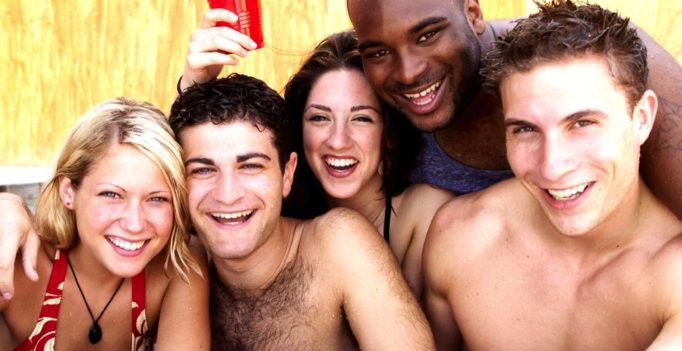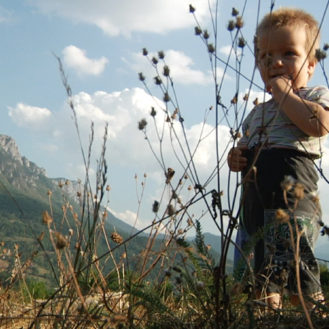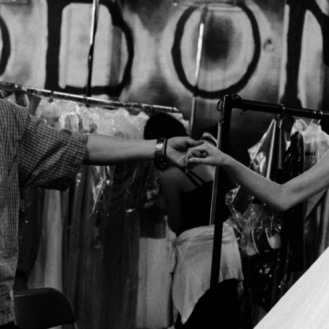The first-part of a two-night season finale of Bachelor in Paradise airs tonight – and, dammit, I’ve been hooked.
I’m guilty of shamelessly gawking during a fleeting scandalous romance between misunderstood Lace and badboy Chad, but I was charmed and smitten with Lace’s more stable relationship with chiselled Grant Kemp. Evan and Carly proved that the friend zone isn’t always relationship purgatory, twins Emily and Haley went on a couple of dismal dates ending in an early dismissal for the girls, and when Amanda wasn’t sucking face with Josh, the others were trying to warn the single mother of Josh’s shady motivations.
It’s a silly show – trashy even – but Bachelor in Paradise turns its premise into a surprisingly endearing weekly routine complete with just enough self-awareness to make fun of its tackiness and the volunteers who bravely showcase their clumsy search for love on national television.
Bachelor in Paradise established itself after countless seasons of The Bachelor and The Bachelorette by utilizing past contestants in a new dating experience. Whereas men and women were vying for one person on these other programs, Bachelor in Paradise allows people to become acquainted with each other only to tilt the dynamic when someone new enters paradise.
On the silver screen, Daniel Minahan satirized similar reality television extremes with his mockumentary Series 7: The Contenders, a film structured as a binge-watch of an unapologetic game show (sex was replaced with violence). While often trashed for its mired production, Mr. Show’s Run Ronnie Run hilariously joked about the exploitation of dimwits to entertain other dimwits. However, Rick de Oliveira’s seemingly forgettable The Real Cancun proved to be truly ahead of its time by opening a peephole into uninhibited sexual behaviour – setting up a blueprint for shows like Bachelor in Paradise.
2003’s The Real Cancun was touted as the first “reality” movie; completely ignoring the documentary genre. It followed American students over the course of Spring Break in Cancun, Mexico in the fashion of MTV’s The Real World. There were expected personalities including muscular jocks and attractive babes along with long-time “bests” and a nerd who looked as if he had accidentally wandered into the production looking for the bathroom. There wasn’t much of a story, but the film’s momentum was provoked by young adults mingling through their own social awkwardness, resulting in a display of raw feelings. There’s also a terrible example of why peer pressure can prevail in party settings, which – I imagine – isn’t as fluffy in 2016.
Despite the film’s “too hot for TV” gimmicks and its gorgeous cinematography of Cancun’s beaches, The Real Cancun bombed. My guess: the real audience of prepubescent teens couldn’t sneak in to an R-rated flick and decided to wait for the film’s unrated DVD release. It was also lambasted by critics.
However, as we watch commercials for new reality shows starring shameless people who willingly put themselves on a widely viewed platform, it’s hard to dismiss The Real Cancun as nothing but a fluke. It’s a film that knew a trend was coming, and it cashed in too early. I can’t help but feel this cinematic misfire ended up paving the way for a sub-genre of guilty pleasure reality television. Knowing what I know now, watching The Real Cancun is like witnessing Chicken Little prepare for the sky to fall, only for others to ignore him, followed by those naysayers shrivelling up after a firry ball of rock collides with Earth.
The Real Cancun may have been a laughing stock in 2003, but I can’t help but feel like Rick de Oliveira (who stepped away from filmmaking to produce TV shows like Love Games: Bad Girls Need Love Too and For the Love of Ray J) is having the last laugh. He must know his forgotten flop was practically a prophecy drenched in Corona.
**********
Do You Tweet? Follow These Tweeple:
Addison Wylie: @AddisonWylie




Be the first to comment